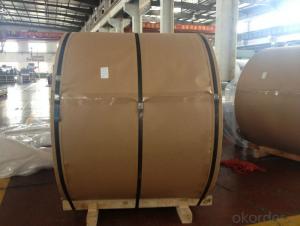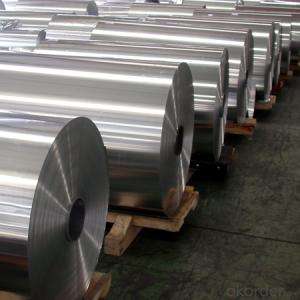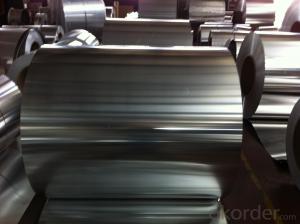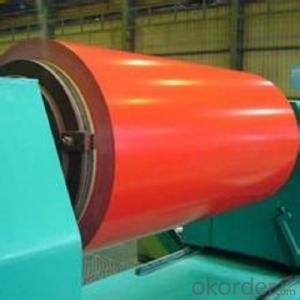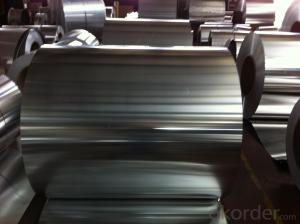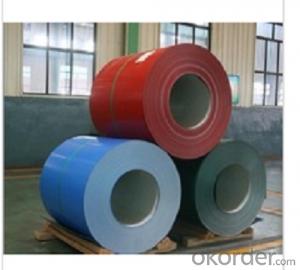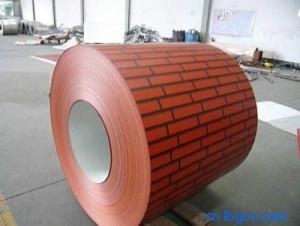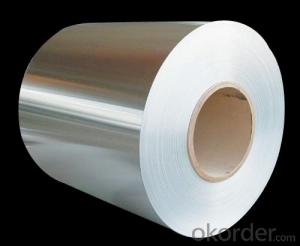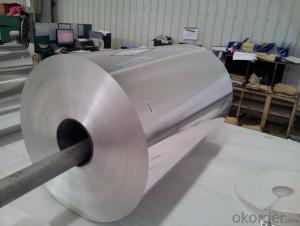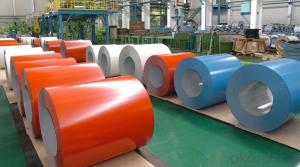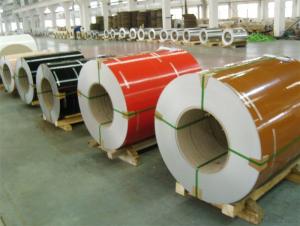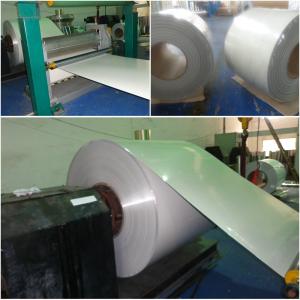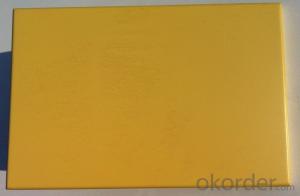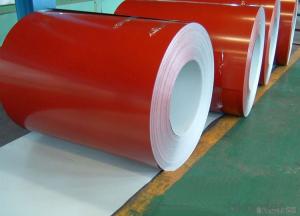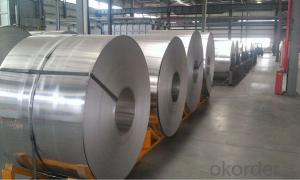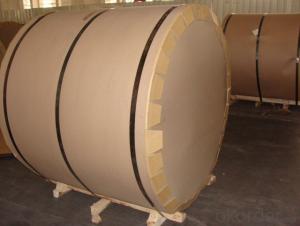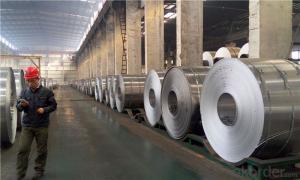All Categories
- - Steel Wire Rod
- - Steel Coils
- - Steel Profiles
- - Steel Pipes
- - Stainless Steel
- - Tinplate
- - Special Steel
- - Steel Sheets
- - Steel Rebars
- - Steel Strips
- - Hot Rolled Steel
- - Cold Rolled Steel
- - Pre-painted Steel
- - Seamless Steel Pipe
- - Welded Steel Pipe
- - Hollow Steel Tubes
- - Galvanized Pipe
- - Stainless Steel Coil
- - Stainless Steel Sheet
- - Stainless Steel Plate
- - Stainless Steel Strips
- - Electrolytic Tinplate Coil
- - Electrolytic Tinplate Sheet
- - Stainless Steel Rebars
- - Solar Panels
- - Solar Water Heater
- - Solar Related Products
- - Solar Inverter
- - Solar Cells
- - Solar Light
- - Solar Energy Systems
- - Solar Controllers
- - Solar Mounting System
- - Solar Pump
- - Solar Chargers
- - Fiberglass Chopped Strand
- - Fiberglass Mesh Cloth
- - Composite Pipes
- - FRP Pultrusion Profiles
- - Fiberglass Mat Tissue
- - Fiberglass Fabrics
- - Fiberglass Mesh
- - Composite Tank
- - Fiberglass Mesh tape
- - Polymer
- - FRP Roofing Panel
- - Fiberglass Roving
- - Monolithic Refractories
- - Ceramic Fiber Products
- - Refractory Bricks
- - Raw Materials For Refractory
- - Suspended Platform
- - Cranes
- - Concrete Machinery
- - Earthmoving Machinery
- - Building Hoist
- - Road Building Machinery
- - Plastic Pipe Fittings
- - Plastic Tubes
- - Plastic Sheets
- - Agricultural Plastic Products
- - Plastic Nets
 All Categories
All Categories
Q & A
How are aluminum coils used in the construction of lightweight aluminum structures?
Aluminum coils are commonly used in the construction of lightweight aluminum structures as they provide the raw material for fabricating various components. These coils can be easily shaped, cut, and formed into different shapes and sizes, enabling the construction of intricate and lightweight structures. The coils are typically processed through various methods such as rolling, extrusion, or stamping to create sheets, plates, or profiles that are then used for constructing walls, roofs, floors, and other structural elements. The use of aluminum coils in construction not only ensures the durability and strength of the structures but also contributes to their lightweight nature, making them ideal for applications where weight reduction is crucial, such as in aerospace or automotive industries.
What are the applications of aluminum coils in the aerospace industry?
Aluminum coils are widely used in the aerospace industry for various applications. One of the main uses is in the production of aircraft structures, where aluminum coils are used to manufacture wings, fuselage, and other structural components. The lightweight nature of aluminum makes it an ideal choice for aerospace applications as it helps reduce the overall weight of the aircraft, leading to improved fuel efficiency. Additionally, aluminum coils are also used in the construction of aircraft heat exchangers, electrical wiring systems, and other essential components. The corrosion resistance and high strength-to-weight ratio of aluminum make it a reliable material for aerospace applications, contributing to the overall safety and performance of aircraft.
How do you calculate the electrical conductivity requirements for aluminum coils in power transmission applications?
To calculate the electrical conductivity requirements for aluminum coils in power transmission applications, you need to consider the specific resistivity of aluminum (which is approximately 2.65 x 10^-8 ohm meters) and the desired current carrying capacity. The formula to calculate electrical conductivity is conductivity = 1/resistivity. By determining the required conductivity, you can then select aluminum wire with the appropriate cross-sectional area to meet the power transmission application's needs.
Are aluminum coils available in different surface finishes?
Yes, aluminum coils are available in different surface finishes such as mill finish, brushed finish, anodized finish, and painted finish, among others. These finishes enhance the appearance, durability, and corrosion resistance of the aluminum coils, making them suitable for various applications in industries like construction, automotive, and aerospace.
Wholesale Aluminum Coils from supplier in Vietnam
Our team of experts is well-versed in the specifications and requirements of the Vietnam market, allowing us to provide tailored solutions for your specific needs. We understand the importance of reliable and high-quality Aluminum Coils, and we strive to deliver products that meet your expectations.
In addition to our extensive product range, we also offer value-added services such as customization, packaging, and logistics support. Our goal is to ensure that your procurement process is efficient and hassle-free. We work closely with our customers to understand their unique requirements and provide them with the best solutions.
At our company, we prioritize customer satisfaction and strive to build long-term relationships based on trust and mutual success. We are committed to delivering exceptional service and exceeding your expectations. Trust us to be your reliable partner for all your Aluminum Coils needs in Vietnam.
Contact us today to discuss your requirements and experience the convenience and expertise that our company can offer. We look forward to serving you and contributing to the success of your projects.
In addition to our extensive product range, we also offer value-added services such as customization, packaging, and logistics support. Our goal is to ensure that your procurement process is efficient and hassle-free. We work closely with our customers to understand their unique requirements and provide them with the best solutions.
At our company, we prioritize customer satisfaction and strive to build long-term relationships based on trust and mutual success. We are committed to delivering exceptional service and exceeding your expectations. Trust us to be your reliable partner for all your Aluminum Coils needs in Vietnam.
Contact us today to discuss your requirements and experience the convenience and expertise that our company can offer. We look forward to serving you and contributing to the success of your projects.
